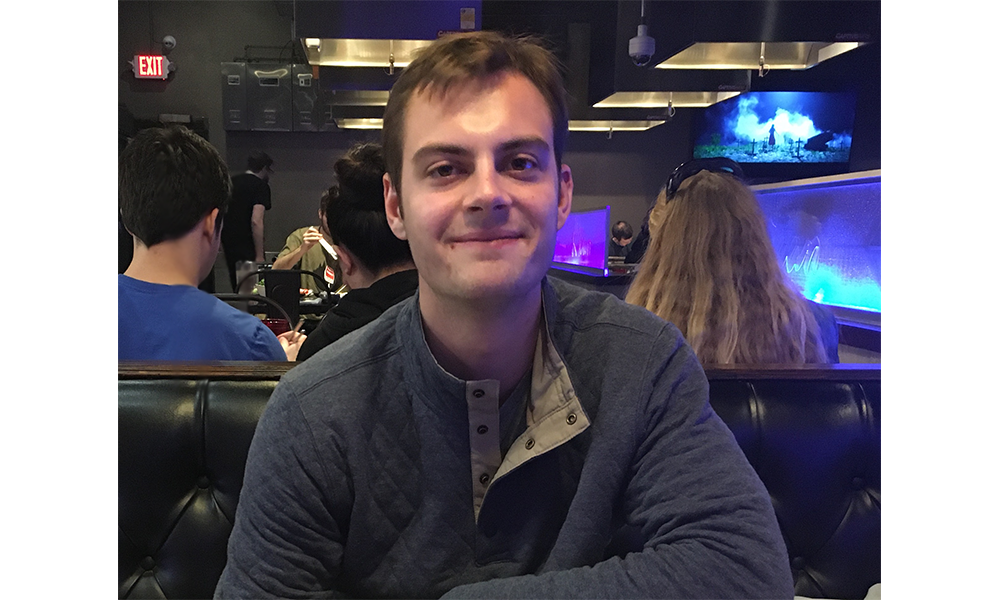Checking In With Our College-Aged Alums: Henry Killen ’16

Every year we check in with our alums who are either in college or have just graduated. With the pandemic, the economic downturn, and the national demand for social justice, this is a crucial year to find out how our alums are coping.
Henry Killen, A Reed College Graduate (’20), (BFS ’16)
Tell me about your work at Reed.
I majored in neuroscience, which meant taking a large number of prerequisites. All of this was rewarded by the work I was able to do on my senior thesis. I spent the last 15 months or so establishing optogenetics as a viable tool for neuroscience research at Reed. I then used optogenetics to examine the interaction between dopamine and a peptide produced in the gut – ghrelin — during drug-seeking behavior. The research is ongoing, and hopefully I will present it at the next Society for Neuroscience meeting in October.
What has this year looked like for you, before and during the pandemic?
I would say that 75% of my time this year was spent working on my senior thesis (the remainder went to finishing up group requirements). The biggest change for me was the Zoom classes. By the time classes transitioned online, I had finished most of the research that I was going to do during the year, so I really did not have a lot of work to do other than writing the thesis itself.
What’s the plan for the summer and fall, Henry?
I am finishing up my research at Reed and studying for the MCAT which I will take at the end of the summer. I plan to spend the next year working in a non-academic setting as I figure out if I want to go to medical school, pursue a career in research, or maybe go in a public health direction.
What age did you enter BFS?
I entered BFS in 9th grade. I was 13.
What was your transition to BFS like?
I have A.D.D. and attended middle school at Mary McDowell Friends School. I found the transition slightly difficult, but I eventually did find my feet with the help of teachers who supported and motivated me to push harder.
What teachers had a profound effect on your experience at BFS?
Blake Sills (Biology), Zenzile Kieth (Math) and Sidney Bridges (English) are the three people who had the strongest impression on me as a student (not to say they were the only important figures in my time at BFS).
What advice would you give current students at BFS?
Not to stress out too much about the college application process. Too much emphasis is placed on getting into the dream school, while in my opinion most people will be just as happy at their second-choice schools. Hard work will be rewarded, focus on your classes, and remember to have fun.
How did the Quaker education you received at BFS prepare and guide you for your studies at Reed, on a micro and macro level? (For example, daily life and challenges, as well as the larger issues of growing up, being away from home, and navigating the world of the university for the first time?)
I attended Quaker school from 3rd grade to 12th grade. The core Quaker belief that there is “that of God” in each individual is extremely appealing at a time where the president of our country values the current state of the economy over human life, and system[ic] racism is revealed in every corner of our society. Even for a non-religious person like myself, believing that the highest good can be found in every person, and we are all equal in that regard, has helped guide my decisions and priorities. I did not have a hard time moving far away from home and navigating university, but I attribute that more to going to camp every year. I think that the most important lesson I got out of my Quaker education is respect for the inner light, as a Quaker would call it, in every person; on a small scale this means respecting other people’s time and acknowledging the work other people do for me on a daily basis, and on a larger scale this means making time in my life to help people who need it.
